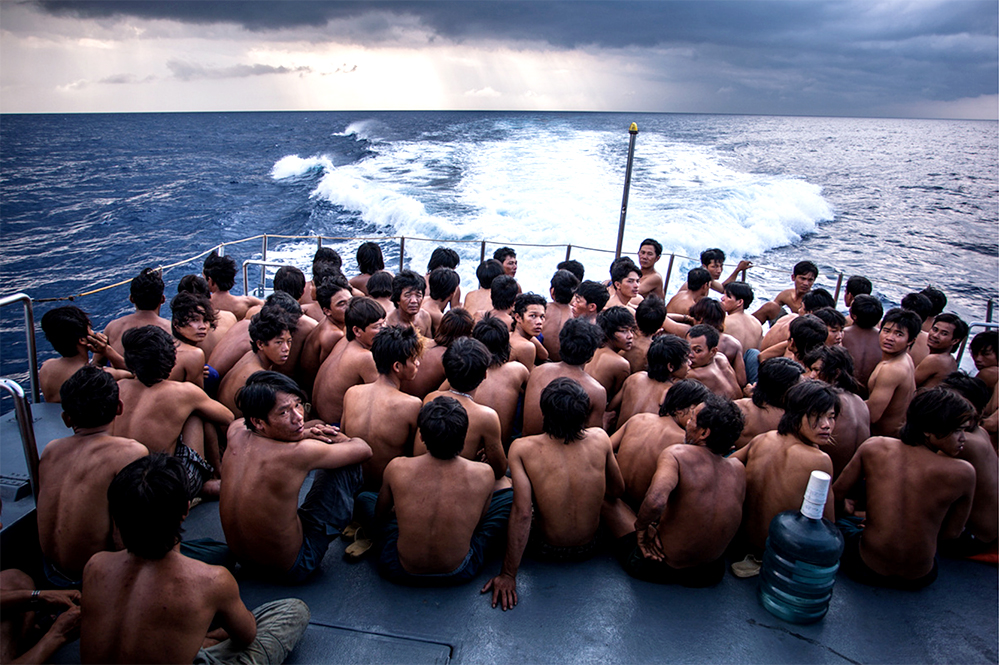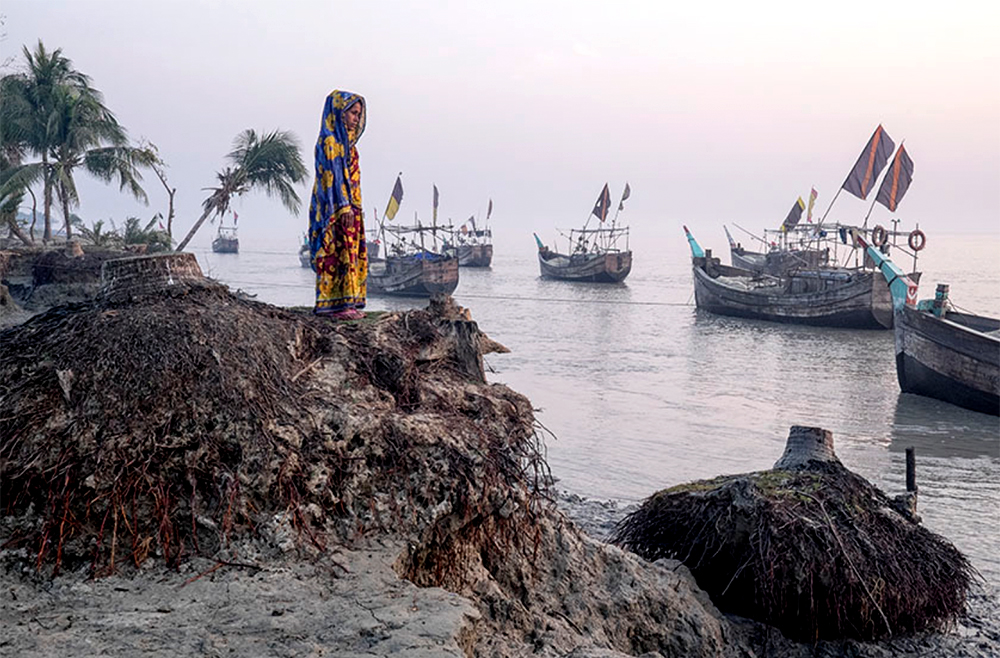
The elephant is not only of great cultural and historical significance in Myanmar, but is also of major economic importance in the country’s nationalized timber industry. With teak export as the second most important source of foreign exchange, captive elephants working in Myanmar’s logging industry are also bringing about the destruction of their natural habitat at an alarming rate.
With the second highest population of wild elephants in Asia and the largest continuous area of natural habitat, Myanmar is a crucial battleground in the survival of the species. Myanmar is home to the largest number of captive elephants in the world and is the only country that continues to use elephants on a large scale in industry. The capture of elephants for use in the timber trade is acknowledged as the biggest threat to the survival of wild elephants.
http://www.brentlewin.com/#/elephants/forests—myanmar/MyLog01


